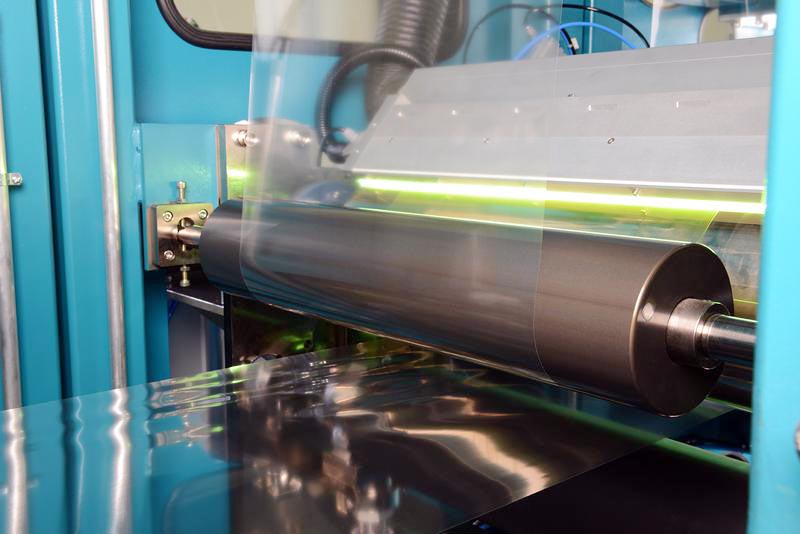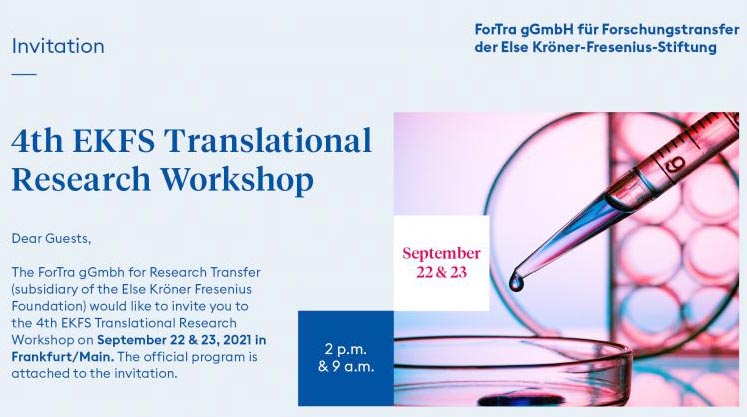
SMC Proteins Workshop: Insights from Top Experts at IMP Vienna

The scientific meeting, jointly organised by the IMP and EMBO (the European Molecular Biology Organization), draws the world’s leading experts on SMC proteins to the IMP at the Vienna Biocenter.
For the first time, the topic will be highlighted to such an extent, with talks and discussions spanning the entire spectrum from pure basic research to future therapeutic concepts for human medicine.
Proteins of the SMC (Structural Maintenance of Chromosomes)-family are one of the most fundamental classes of chromosomal organizers and are found in all organisms, from bacteria to humans. They are involved in a wide variety of chromosomal processes, including cell division, DNA repair and gene regulation.
Just how essential SMC proteins are to all living beings is underpinned by the fact that their mode of action is virtually identical when simple life-forms such as yeast are compared to human cells. (Baker’s yeast is therefore a popular model organism for scientists studying SMC proteins).
Their universality also means that dysfunctional SMC proteins may bear serious consequences: they have been linked to human developmental syndromes and mutations in SMC proteins are frequently seen in certain types of cancer. Life scientists from the fields of structural biology to human genetics are therefore interested in understanding how SMC proteins work and how exactly their failure is linked to human disease.
The first SMC-complexes were identified and described about 20 years ago. Pioneering research was carried out at the IMP in Vienna by Kim Nasmyth, the institute’s director from 1997 to 2006. Together with Doug Koshland in the USA, he discovered the cohesin-complex in the yeast Saccharomyces cerevisiae. Jan-Michael Peters, scientific director of the IMP since 2013, has been studying cohesin in human cells for many years.
This long-standing focus makes the IMP an ideal meeting-point for leading experts in the area of SMC proteins. Openings for the workshop filled up fast and around 140 researchers – from New Zealand to Canada – are expected at the IMP over the next four days.
Among them are Kim Nasmyth (University of Oxford), Doug Koshland (University of California, Berkeley), Mitsuhiro Yanagida (Okinawa Institute of Science and Technology) Frank Uhlmann (Crick Institute, London), Jan Löwe (MRC Lab of Molecular Biology, Cambridge), David Sherratt (Department of Biochemistry, University of Oxford), Barbara Meyer (Berkeley), Yoshinori Watanabe, Katsu Shirahige (Tokyo University), Xiaolan Zhao (Memorial Sloan Kettering Cancer Center, New York), and Tatsuya Hirano (RIKEN Institute, Japan).
The Research Institute of Molecular Pathology (IMP) in Vienna is a basic biomedical research institute largely sponsored by Boehringer Ingelheim. With over 200 scientists from 35 nations, the IMP is committed to scientific discovery of fundamental molecular and cellular mechanisms underlying complex biological phenomena. Research areas include cell and molecular biology, neurobiology, disease mechanisms and computational biology. The IMP is a founding member of the Vienna Biocenter, Austria’s flagship location in the global arena of cutting-edge research in molecular biology.
The European Molecular Biology Organization (EMBO) is an organization of more than 1,700 leading researchers that promotes excellence in the life sciences. The major goals of the organization are to support talented researchers at all stages of their careers, stimulate the exchange of scientific information, and help build a European research environment where scientists can achieve their best work.”
IMP: www.imp.ac.at
EMBO: www.embo.org
Vienna Biocenter: www.viennabiocenter.org
Contact:
Stefan Bernhardt
IMP Communications
T: +43 1 79730 3627
M: +43 664 80847 3627
E: stefan.bernhardt@imp.ac.at
Heidemarie Hurtl
IMP Communications
T: +43 1 79730 3625
M: +43 664 8247910
E: heidemarie.hurtl@imp.ac.at












